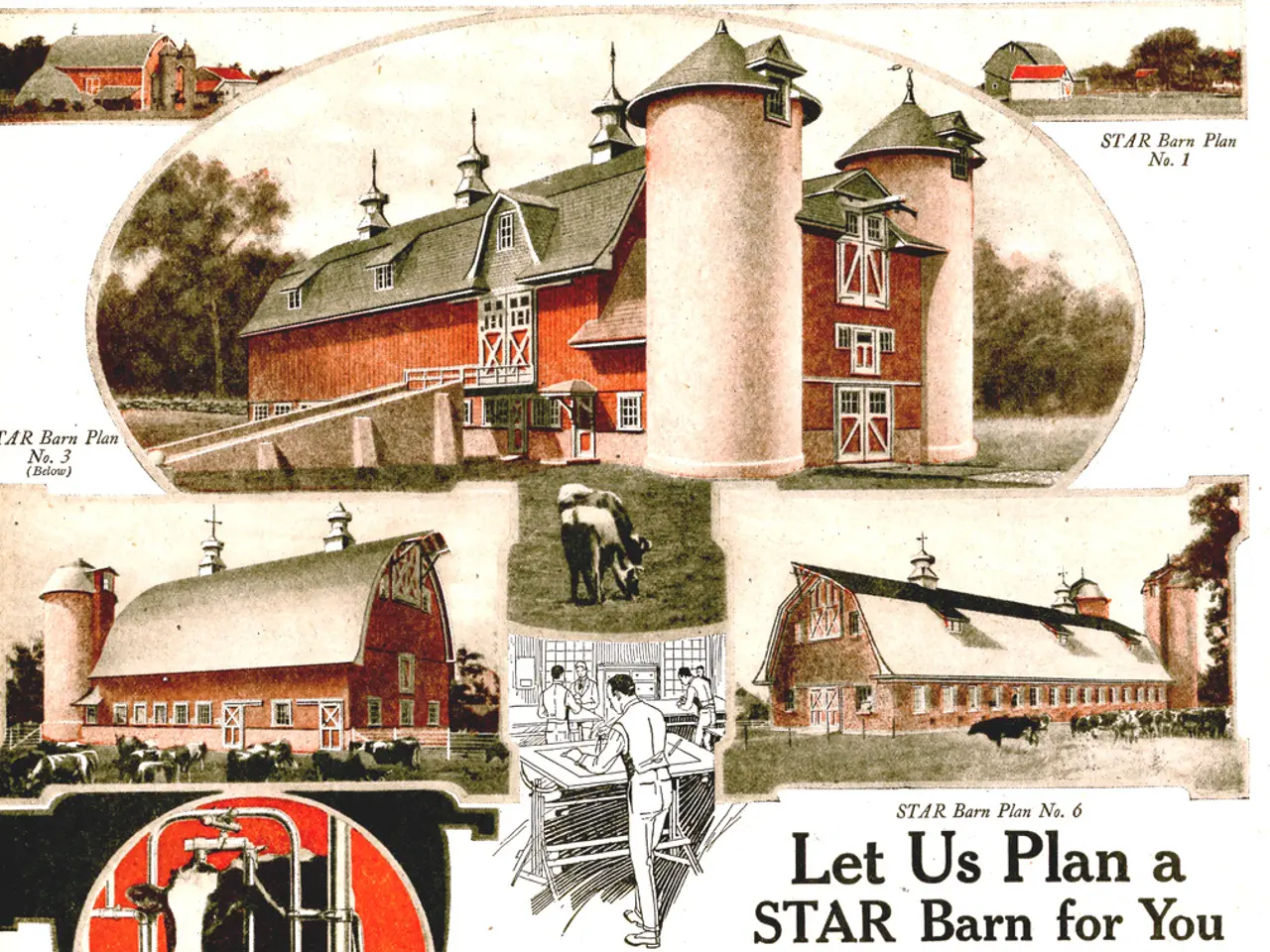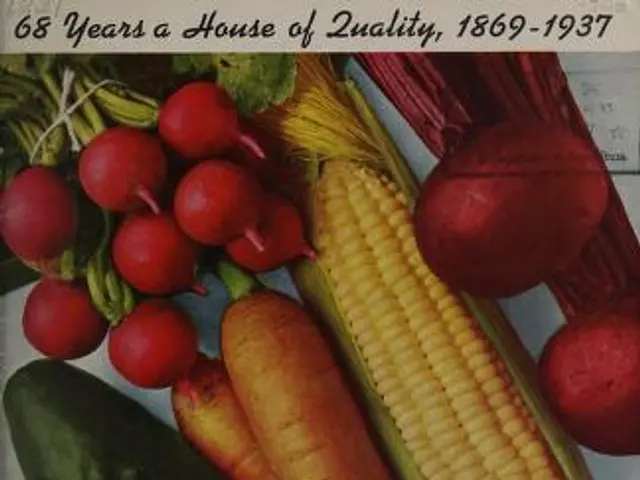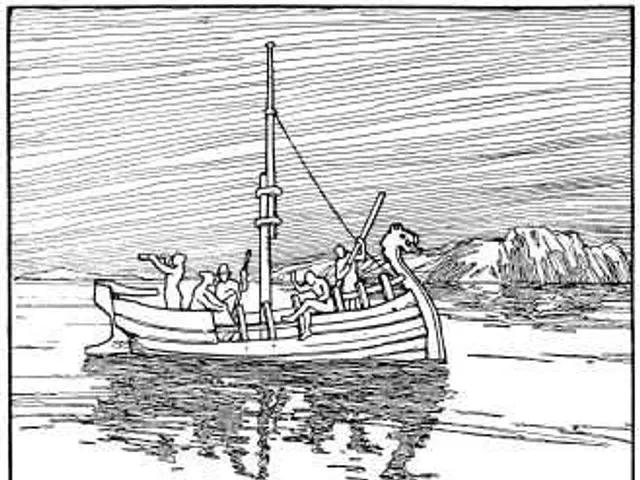Swiss wolves stir debate—but livestock losses tell a different story
The presence of wolves in Switzerland has sparked discussions about their impact on livestock, particularly sheep grazing in the Alps. While concerns over wolf attacks persist, official figures show that such incidents remain rare compared to other causes of livestock deaths. The debate extends beyond wildlife management, touching on broader issues like farming practices and meat consumption.
Every summer, millions of sheep and goats graze on alpine pastures across Switzerland. Yet, despite fears of wolf panic, only a few hundred animals fall victim to wolves each year. In 2022, for example, wolves killed just a small fraction of the 84 million livestock slaughtered in the country.
Most livestock deaths stem from industrial farming conditions, including diseases, neglect, and stress from transport or harsh weather. Falls and exposure to the elements also claim more animals than wolf attacks. When sheep do go missing or are found dead, investigations often reveal causes unrelated to wolves.
Wolves do target sheep, but attacks are far less frequent when proper protection is in place. Measures like guardian dogs, reinforced fences, and night corrals have proven effective in reducing predation. Without these safeguards, herds remain more vulnerable.
The issue has widened into a national conversation about how society views farming, wilderness, and food production. While wolf attacks draw attention, they represent only a tiny fraction of livestock losses in Switzerland.
The data highlights a stark contrast: wolf attacks account for a minimal share of livestock deaths compared to farming-related causes. Effective herd protection continues to be the most reliable way to limit predation. Meanwhile, the discussion around wolves reflects deeper questions about agriculture, conservation, and the future of food systems in Switzerland.
Read also:
- New IIHS crash tests reveal surprising safety gaps in top electric vehicles
- Timberland and Stanley 1913 lead the charge in sustainable take-back programs
- Bremen Cracks Down on Littering With On-the-Spot Fines Starting 2025
- Galloper Gold Expands Glover Island Holdings with High-Grade Lucky Smoke Acquisition








